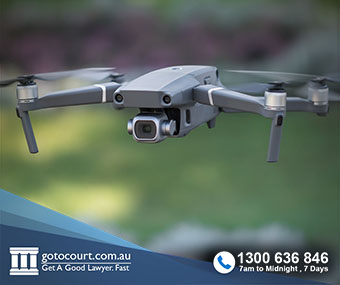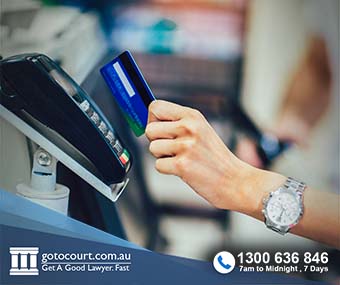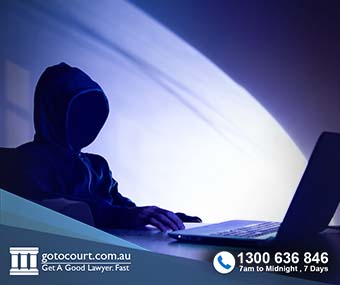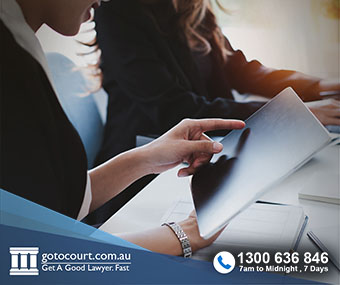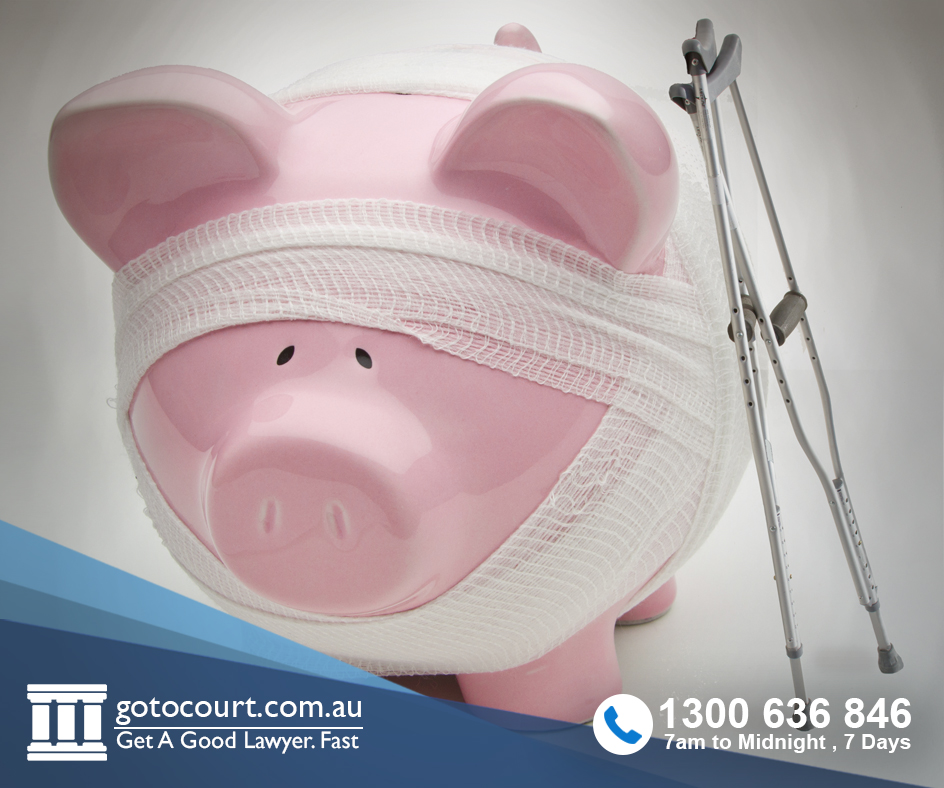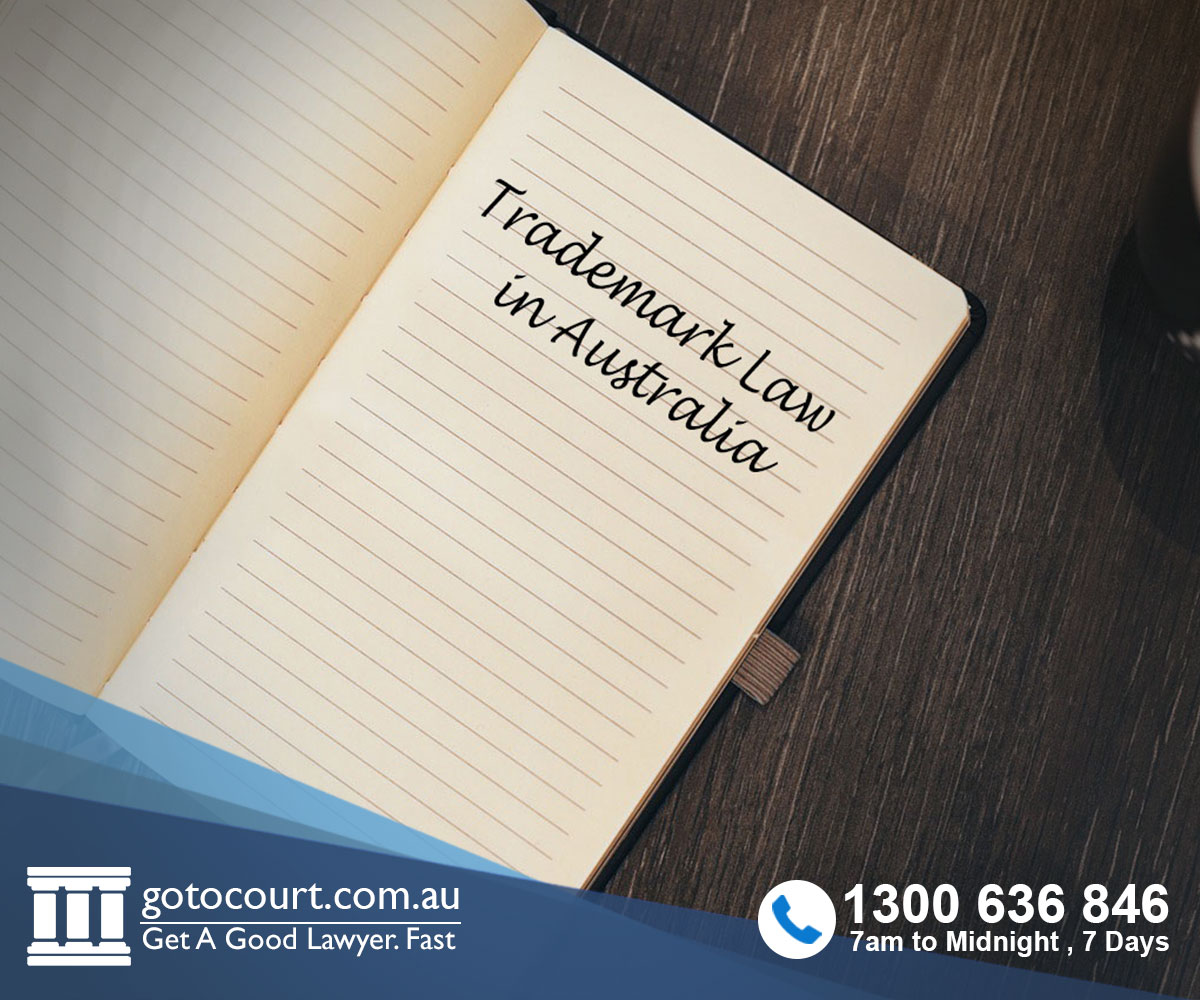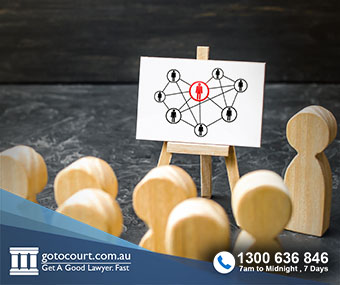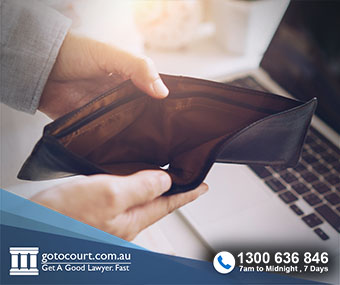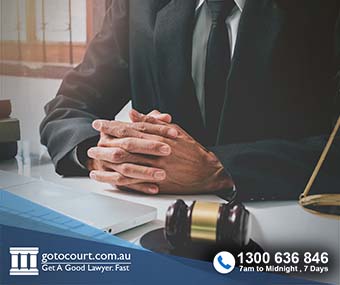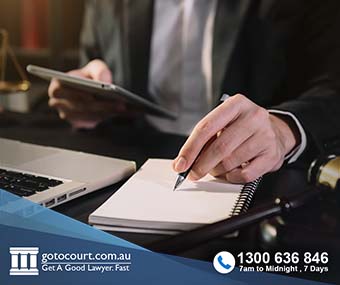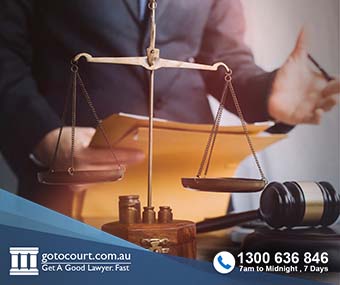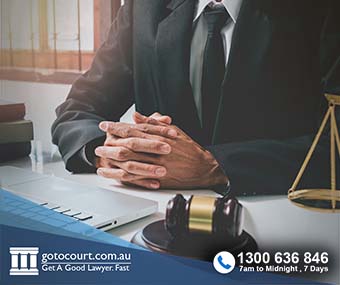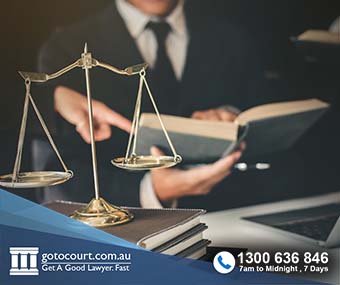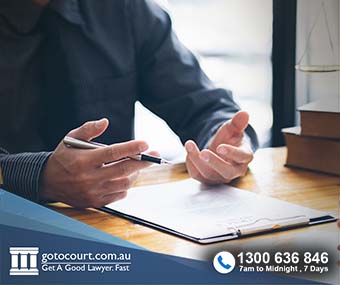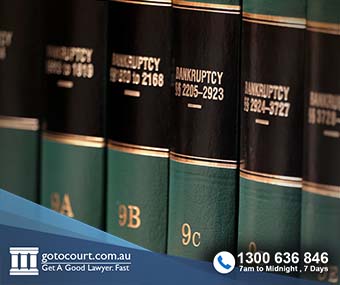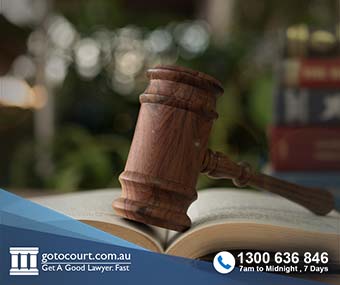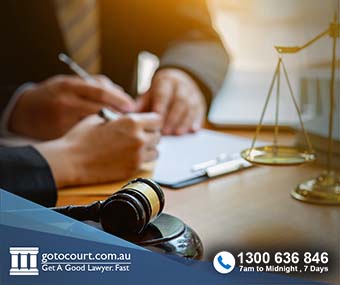Call our lawyers
now
or,
have our lawyers
call you
Declaring Bankruptcy in Australia
Updated on Jan 22, 2024 • 5 min read • 572 views • Copy Link
Declaring Bankruptcy in Australia
If a person is unable to pay their debts, and their attempts to come to an agreement with creditors about repayment have failed, then they may consider declaring bankruptcy. When a person declares themselves bankrupt, a trustee is appointed to take control of their assets and income so that debts can be paid and discharged. Before declaring bankruptcy, it is important to clearly understand the consequences, as doing so has serious repercussions.
How do I declare bankruptcy?
A person can become bankrupt either by declaring bankruptcy themselves (a ‘debtor’s petition’), or by order of the Federal Court, following an application by a creditors (a ‘creditor’s petition’).
Debtor’s petitions
If you would like to enter into bankruptcy voluntarily, you need to lodge an application with the Australian Financial Services Authority (AFSA). You will also need to lodge a financial statement and sign to acknowledge that you have read the prescribed information on the rear of the form. These forms must be lodged within 28 days of signing, and once they are lodged, they cannot be withdrawn.
Creditor’s petition
A creditor who is owed $5000 or more and is unable to reach agreement with the debtor regarding repayment can apply to the Federal Court for a sequestration order.
The debtor will be notified of the impending court hearing and will have an opportunity to object to the proceedings. If the creditor can show that the debtor has committed an act of bankruptcy, the court will issue the order.
The most common act of bankruptcy is a failure to comply with a bankruptcy notice. This is a notice is issued by the AFSA at the request of a creditor, demanding payment of a debt.
Once a sequestration order is made against a person, they are officially bankrupt. The person must provide the AFSA with a statement of affairs within 14 days of the order. You can find the relevant forms on the AFSA website, and further information about the court proceedings on the Federal Court website.
What will happen once I have been declared bankrupt?
Once the AFSA has received a statement of affairs (either by debtor’s or creditor’s petition), the bankruptcy trustee will begin investigating the bankrupt person’s financial affairs. They will also notify creditors that the person has been declared bankrupt, and again once the trustee has determined how best to deal with the debts.
Who is my bankruptcy trustee?
The AFSA appoints a trustee to manage a bankruptcy. If you have voluntarily elected bankruptcy, you can apply to have your own registered trustee appointed and will need to submit a Trustee Consent to Act Declaration along with your bankruptcy application.
The AFSA may also appoint a registered trustee following a request from your creditors. Your creditors also have the power to remove and replace your trustee.
What happens to my assets?
Most of your assets will ‘vest’ in your trustee once you are declared bankrupt, so that the trustee can sell them to pay down your debts.
Certain assets are dealt with in a specific way (for example, secured creditors, such as mortgagees, who have security over a particular asset). Some assets are exempt altogether. These include:
- personal household items
- tools required for work, up to a certain value
- a car, up to a certain value
- sentimental trophies, medals, awards
- life insurance policies, and
- funds in superannuation.
Can I earn an income?
Yes, you can earn an income during bankruptcy. However if you earn above the threshold amount, you will be required to pay to your trustee half of the amount you earn in excess of the threshold.
Your trustee will assess your expenses, based upon your particular circumstances and taking into account the number of dependants you support, and issue you will an assessment for the amount you need to pay for the year.
How long does bankruptcy last?
You will generally be discharged from bankruptcy after three years and one day from the date of submitting your application to the AFSA. Where you are bankrupt as the result of a creditor’s petition you will be discharged three years and one day after you submit your statement of affairs.
A trustee may seek to extend the period of bankruptcy to five, or even eight years if the bankrupt person has failed to cooperate with the trustee.
Are all of my debts discharged?
While your trustee attempts to satisfy the majority of your creditors, you will still be liable to pay certain debts both during and after your bankruptcy. These include:
- child support payments
- HECS/HELP fees
- court fines
- amounts acquired as the result of fraud
- payments to secured creditors (eg to a mortgagee).
Will my bankruptcy be recorded on my credit rating?
Yes. A record of your bankruptcy will be kept on the National Personal Insolvency Index, which is accessible to the public. Credit reporting agencies may also keep a record of your bankruptcy for five years or more.
What are the ongoing consequences of bankruptcy?
Some of the consequences of being declared bankrupt are listed below.
- You may not act as director of a company
- If you open a new business, you must inform creditors that you are bankrupt
- You are unable to travel overseas without your trustee’s permission
- Your credit rating will be affected
- You cannot own any assets over the threshold value
- Some debts will continue through bankruptcy and beyond.
Declaring bankruptcy is not a process to be undertaken lightly. You should investigate your financial options thoroughly and seek legal advice.
If you require legal advice or representation in any legal matter, please contact Go To Court Lawyers.

Affordable Lawyers
Our Go To Court Lawyers will assist you in all areas of law. We specialise in providing legal advice urgently – at the time when you need it most. If you need a lawyer right now, today, we can help you – no matter where you are in Australia.How It Works







1. You speak directly to a lawyer
When you call the Go To Court Legal Hotline, you will be connected directly to a lawyer, every time.


2. Get your legal situation assessed
We determine the best way forward in your legal matter, free of charge. If you want to go ahead and book a face-to-face appointment, we will connect you with a specialist in your local area.


3. We arrange everything as needed
If you want to go ahead and book a fact-to-face appointment, we will connect you with a specialist in your local area no matter where you are and even at very short notice.

